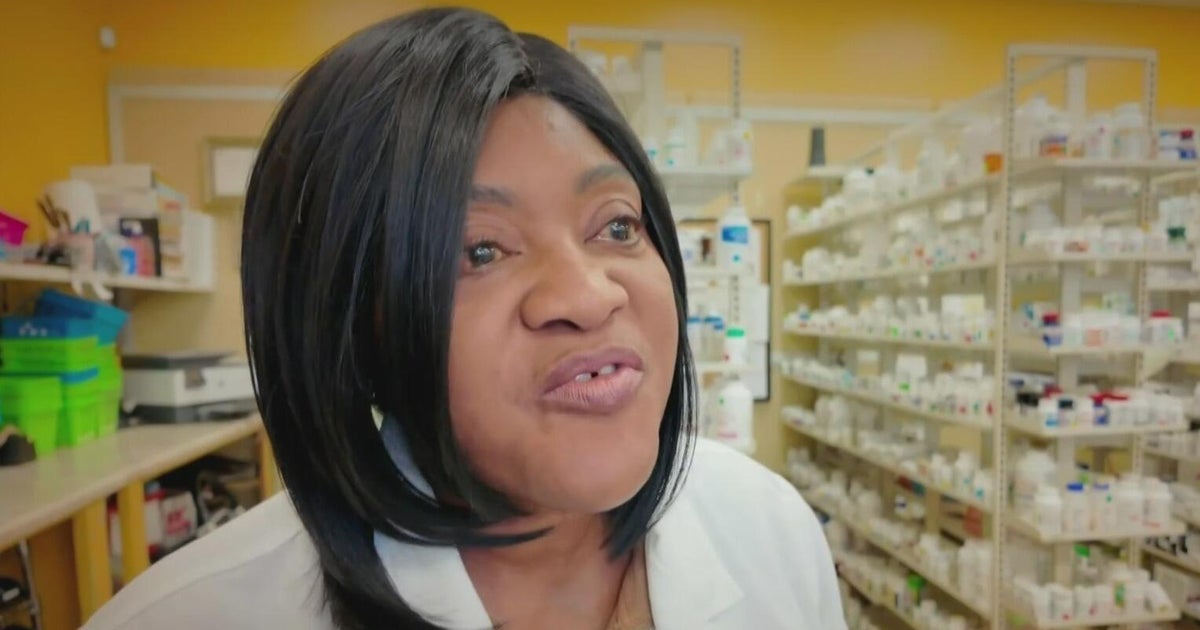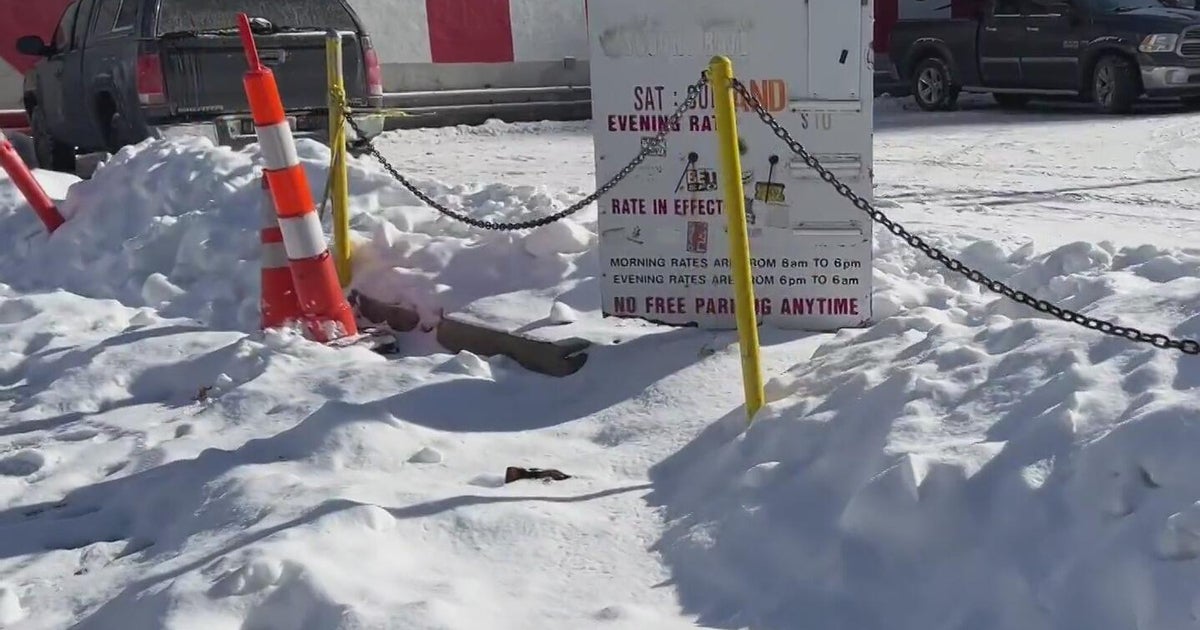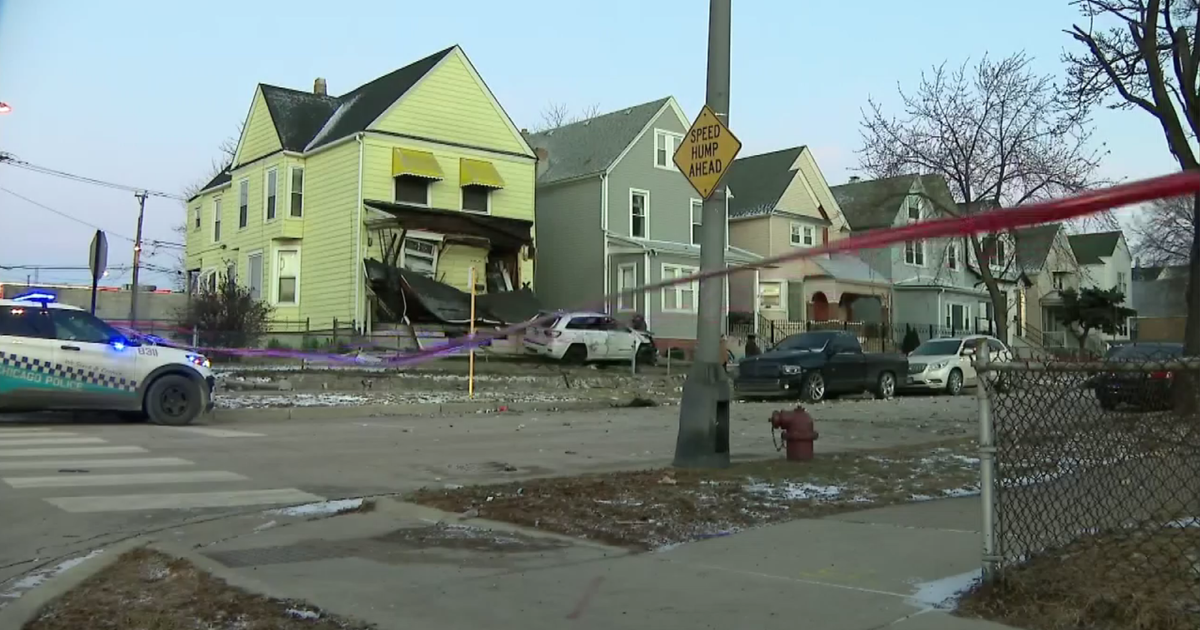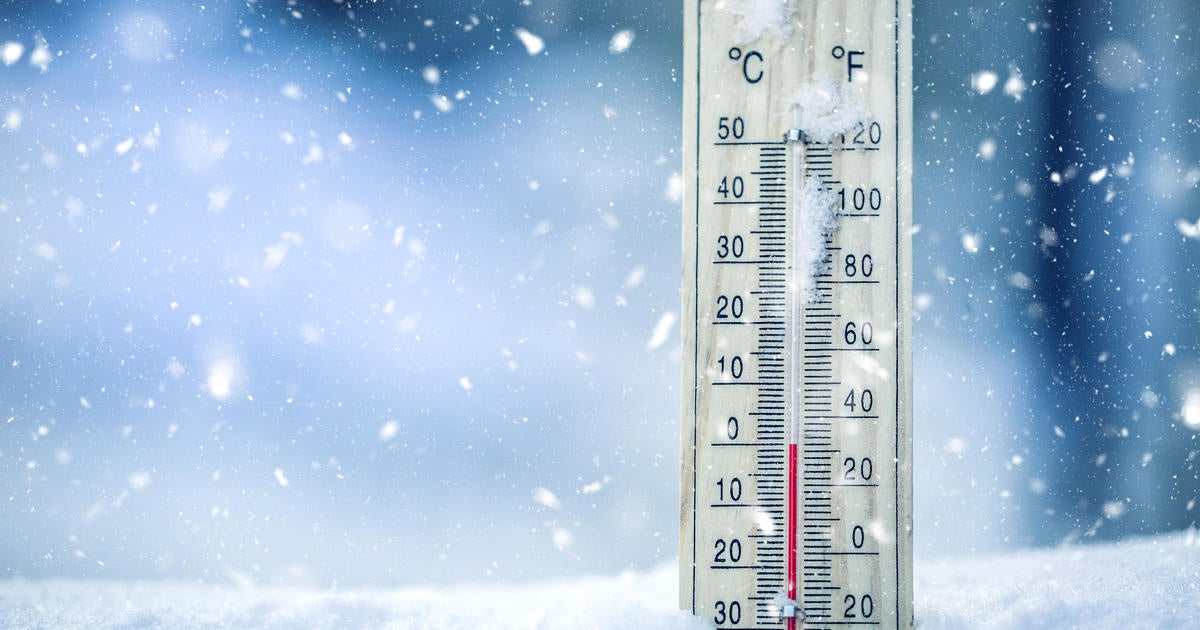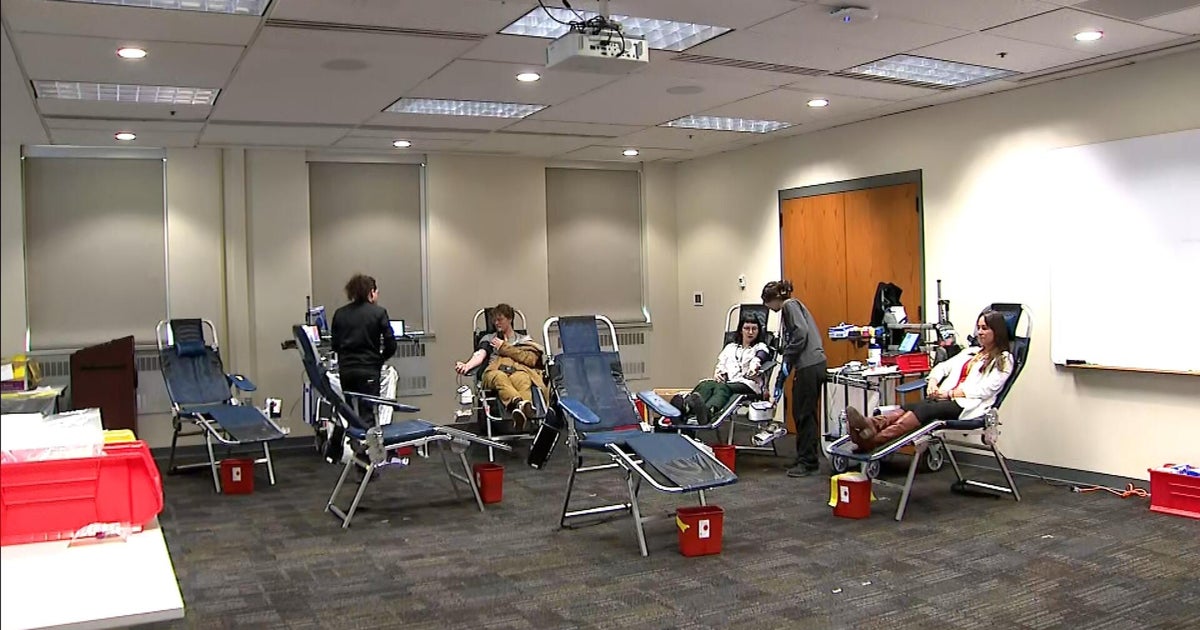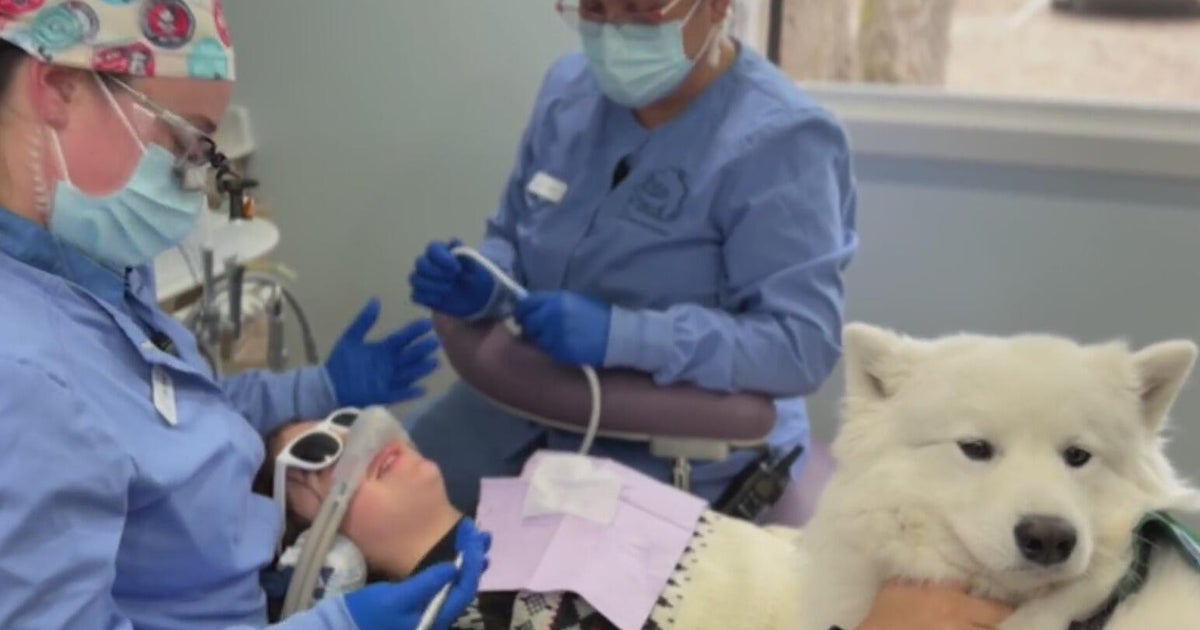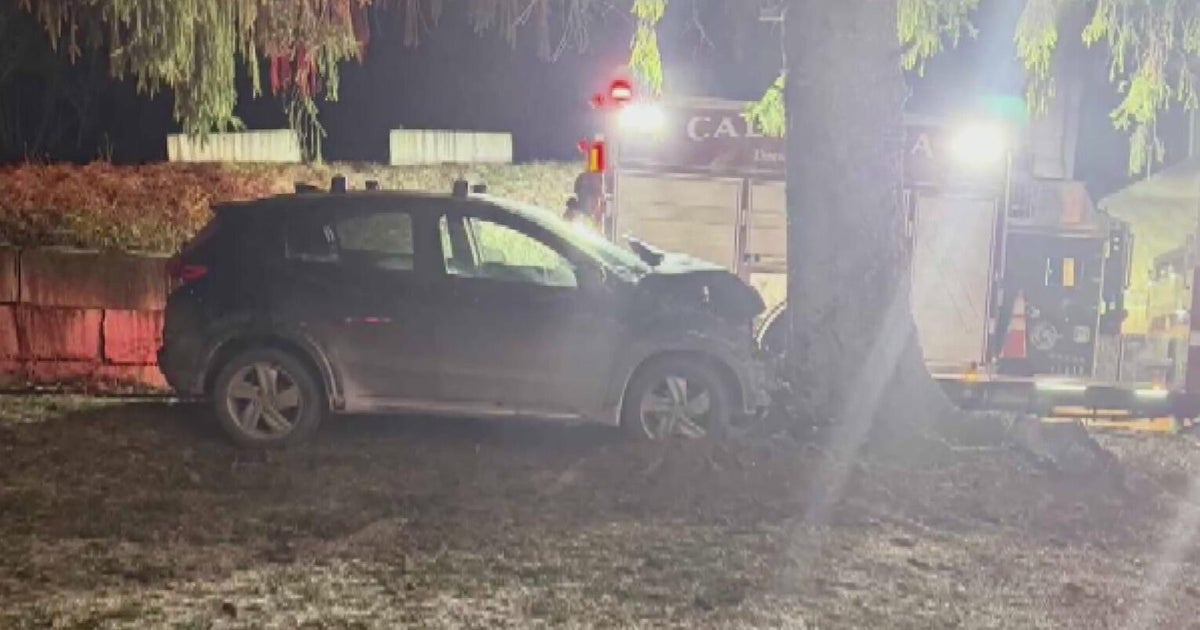Doctors prepare for influx of alcohol, drug-related ER visits during Lollapalooza
CHICAGO (CBS) -- Lollapalooza starts Thursday, and hundreds of people are heading to Grant Park to enjoy all or part of the four-day music festival.
But as Lollapalooza ushers in the stars, local hospitals are also preparing for an influx of visitors—with emergency rooms on heightened alert for various patients rushed their way.
"Yes, we're all on heightened alert," said Dr. Yanina Purim-Shem-Tov, the executive director of the emergency department at Rush University Medical Center. "The way that this is set up is that nobody is immune from getting patients from Lollapalooza."
Dr. Purim-Shem-Tov said every year, festivalgoers end up in the ER for various reasons.
"And primarily what we see is a lot of teenage intoxication," she said.
Dr. Purim-Shem-Tov warns of youngsters drinking alcohol excessively before even arriving—and then standing in the heat for hours.
"Some of the signs are as simple as, 'I'm starting to get a little dizzy; a little woozy, I'm not feeling it because I'm so excited, and I'm also under the influence of alcohol and drugs,'" she said.
Drugs have become a major factor too. The Chicago Department of Public Health this week posted a warning telling people to test drugs and carry Narcan.
"People that go to festivals—they might indulge in ecstasy, or MDMA, LSD," said Laura Fry of the nonprofit Live4Lali, "and we have found fentanyl and all of those things."
Fry's organization works to prevent overdoses throughout Illinois. She credits Chicago for offering naloxone, or Narcan, at libraries for free—but she says awareness should take place beyond Lollapalooza.
"I would really love to see the city of Chicago have this kind of enthusiasm when it comes to other festivals," she said.
City records show in 2022, there were more opioid-related overdose deaths in Chicago—a total of 1,397—than homicides and traffic crash fatalities combined.
Over at Rush, Narcan spray is readily available too. But doctors warn street drugs are laced.
"And then Narcan does not really do what it used to do for opioid overdoses," said Dr. Purim-Shem-Tov, "and so we really need to be sort of preventative and rather than reactive in treatment."
